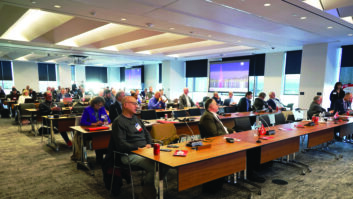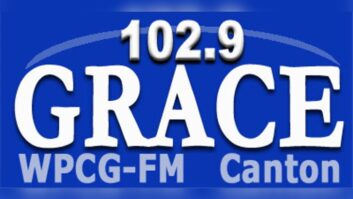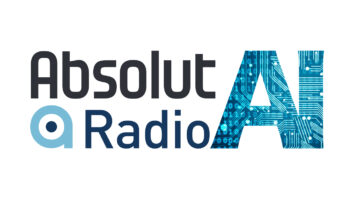Don’t Ask, Don’t Tell: Stay LegalIn these politically sensitive times, there are questions you cannot ask in a job interview without potential legal jeopardy. On its Web site, www.nolo.com provides basic legal information and books, forms and software for non-lawyers. The company also offers suggestions for correct and legal interview question phrasing. Below are examples Nolo.com provided to RW.
Don’t ask: “How old are you?”
OK to ask: “Are you 18 years of age or older?”
Don’t ask: “Are you married?”
OK to ask: “Is your spouse employed by this employer?”
Don’t ask: “Are you a native-born citizen of the U.S.?” or “Where do you come from?”
OK to ask: “Are you legally authorized to work in the United States on a full-time basis?”
Don’t ask: “Do you have any physical disabilities that would prevent you from doing this job?”
OK to ask: “These (provide list) are the essential functions of this job. How would you perform them?”
Don’t ask: “Have you ever been addicted to illegal drugs?”
OK to ask: “Do you currently use illegal drugs?”
The company says interviewers shouldn’t panic if an applicant raises a delicate subject such as disability or national origin. The employer can’t raise these subjects, but the applicant can, according to Nolo. Danger-zone questions involving sex lives, abortions, personal finances or political affiliations are off-limits. If you’re wondering if you can refuse to hire someone just because you don’t like him or her, the answer is “yes,” according to Nolo.com. Just be sure prejudice is not at the root of your feelings.The applicant sits across the desk from you; the résumé looks good, the candidate seems personable and qualified. But what secrets could this potential employee hide that could leave your company vulnerable to lawsuits or even put your stations at physical risk?
NAB weighs in
(click thumbnail)Dennis Wharton
Dennis Wharton, senior vice president of communications for the National Association of Broadcasters, said the need for a secure work environment has never loomed larger.
“Businesses across the country are busy either developing or rethinking corporate security,” Wharton said.
NAB2002 will feature a session called “Station Security: Precautions, Practices and Procedures.” The session will offer an opportunity to hear from security professionals and to share ideas on security matters, such as staff selection.
While many radio stations prefer to handle checks internally, some hire outside firms such as Background Check International LLC of Temecula, Calif. BLC offers pre-employment screening for large companies.
Foreign intrigue
Applicants from other countries present challenges when checking into backgrounds.
“We do a great job tagging garden-variety domestic criminals, lowlifes and that sort of thing, but when it comes to competent information from other countries it’s very difficult, because the governments just don’t cooperate very well,” said Kit Fremin, BCI’s president and owner. He said he is able to get information from European countries sometimes, but claims, “It’s a crapshoot in the undeveloped nations, so don’t even waste your money.”
Some of the services companies like BCI provide include education and personal reference verification, a check of federal court records, civil and criminal history, motor vehicle reports, credit and drug screening histories. These companies also can verify any professional licenses and degrees.
Security is on the minds of managers around the country, although not everyone is affected the same way.
Bob Holladay is president of family-owned Holladay Broadcasting, based in Monroe, La. It owns 10 stations in Florida, Louisiana and Mississippi.
(click thumbnail)Cary Pall
“Our managers are responsible for checking on the people they hire,” Holladay said. “We subscribe to an inexpensive Internet service, which checks for police records, judgments and other basics.”
Holladay said his stations tightened security about three years ago, but even after Sept. 11 he doesn’t think radio properties are targets for terrorists.
“While people directly affected by the attacks on New York and Washington may feel differently, nothing much has changed within our stations since Sept. 11,” he said.
Clear Channel Communications grants a level of autonomy to its local clusters in hiring practices. Cary Pall is director of programming operations for the company’s five-station Toledo cluster. He is responsible for hiring most of the air staff within his market group.
The cluster does not use outside companies to check backgrounds.
(click thumbnail)Donna Halper
“We’ve always called around to get two or three people to corroborate claims applicants make,” Pall said. “I usually pick up problems in the personal interview.”
Donna Halper is president of Donna Halper and Associates of Boston, a small and medium radio market management consulting firm. She has seen a lot of exaggeration on résumés, which can be a concern when evaluating a potential employee; but, she says, the practice is not uncommon.
“People say they did a lot more than they did and with fewer jobs out there, they are just trying to make themselves look good,” Halper said.
Common sense dictates that owners worry more about whether someone will steal petty cash than be a terrorist threat, Halper said.
“For some owners, the issues are alcohol and drug abuse in potential hires.”















